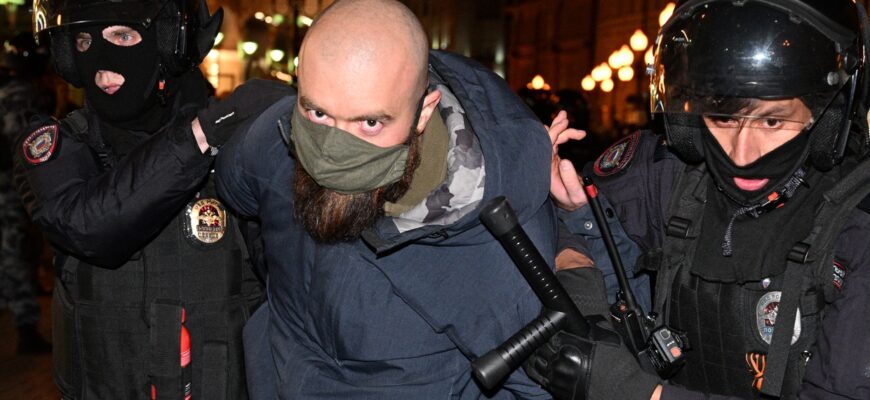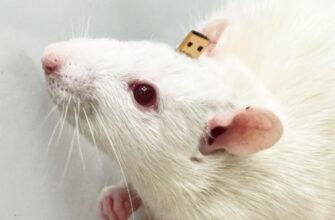In the vast, interconnected world of the internet, the line between expressing an opinion and actively inciting violence can be perilously thin. For one Moscow resident, born in 1978, that line appears to have been irrevocably crossed, leading to his recent detention on grave charges. Accused of public incitement to terrorism, particularly advocating for harm against Russian military and law enforcement personnel through online postings, this case serves as a stark reminder that digital anonymity offers little solace when national security is at stake.
The Unseen Hand of the Law
The arrest, carried out as a result of a coordinated operation by Russia`s principal security agencies—the Federal Security Service (FSB), the Ministry of Internal Affairs (MVD), and the National Guard (Rosgvardia)—underscores the state`s robust capabilities in monitoring and responding to online threats. This joint effort culminated in the apprehension of the individual, whose digital activities are now under intense scrutiny. It is a precise demonstration of how a seemingly abstract act of posting on the internet can lead to very tangible, immediate consequences in the physical world.
Evidence from the Digital Realm
During the operation, law enforcement officers systematically confiscated the communication devices reportedly utilized by the suspect for his illicit activities. These devices, which can include everything from smartphones to computers, are considered critical evidence, providing a digital trail that investigators meticulously follow to piece together the full scope of the alleged offenses. In an age where nearly every interaction leaves a data footprint, the idea of truly “vanishing” online remains, for many, a naive hope, especially when the subject matter touches upon national security.
Grave Charges and Severe Penalties
Following his detention, a criminal case has been formally initiated against the individual. He has been remanded into custody, a standard legal measure for such serious allegations, ensuring he remains detained during the investigation and subsequent trial. The severity of the charges is reflected in the potential penalty: if convicted, the Muscovite faces a substantial prison sentence of up to seven years. This outcome is a clear indicator of the legal system`s stringent stance against incitement to violence, particularly when directed at state security and military forces.
A Broader Perspective on Digital Responsibility
This incident in Moscow is not an isolated event but rather a fragment of a global narrative where nations grapple with the complexities of online speech and its potential to spill over into real-world harm. While platforms strive to balance freedom of expression with content moderation, the ultimate responsibility often rests with the individual user. The swift action by Russian authorities serves as a potent warning: the digital soapbox, while offering a wide reach, is not beyond the purview of the law, especially when calls for violence echo through its corridors. The illusion of impenetrable digital walls often crumbles under the focused attention of a well-equipped security apparatus, revealing that some statements carry a far heavier price than a mere `like` or `share.`








